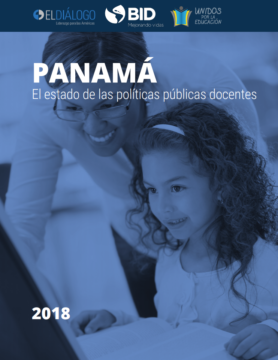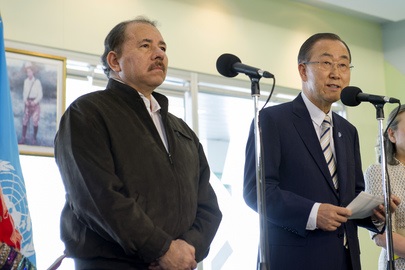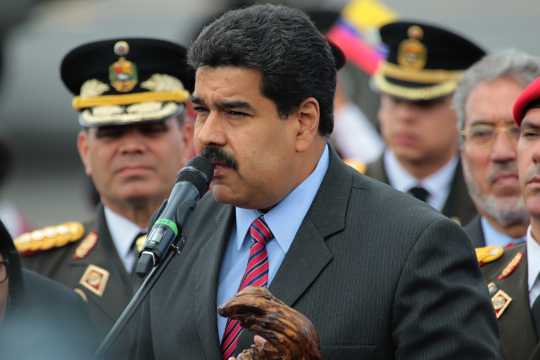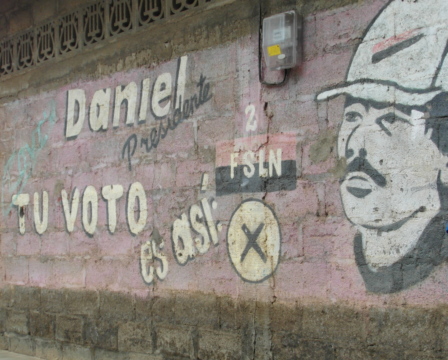
Democracia y justicia: Pasos para el cambio político
La justicia en Nicaragua es clave para el cambio democrático, sin embargo, es la transición democrática que permitirá la independencia institucional.
La justicia en Nicaragua es clave para el cambio democrático, sin embargo, es la transición democrática que permitirá la independencia institucional.
Could Venezuela’s oil production decline even more steeply? Three evolving developments will largely determine the answer: whether creditors can seize assets in compensation for default, whether large numbers of oil workers continue to abandon their jobs, and whether the United States and other countries impose additional sanctions.
Venezuela’s government has made several arrests in what they say was an attempt to assassinate Maduro. What does it all mean?
In the past fifteen years, the Costa Rican education system has enacted important efforts in areas such as curricular reforms, better training and salary increases for in-service teachers, investments in infrastructure, support for vulnerable student populations and increases in teacher accreditation. However, there are actions and linkages remaining to achieve this qualitative jump.
Rebecca Bill Chavez warns in an article for the New York Times on that as we enter a global democratic recession, we must not ignore increasing trends of militarization in Latin America.
Manuel Orozco analyzes the current trends in Central American immigration. Although it is a relatively new phenomenon, mostly dating from the late 1970s, its impact in the region and on foreign policy is quite significant.
Chinese-built infrastructure can indeed be a boon for Latin America, but making this happen will require no shortage of strategic thinking on the part of policymakers.
El 7 de agosto Iván Duque asumió la presidencia de Colombia. Se enfrentará a muchos desafíos, entre ellos el narcotráfico, las tensiones con Venezuela, el proceso de paz con las FARC y un conflicto en marcha contra el ELN. ¿Cómo colaborarán Colombia y los EEUU frente a estos temas durante la presidencia de Duque?
The new Colombian government outlined an ambitious domestic agenda that calls for jumpstarting the economy, consolidating the peace, and promoting social justice. The success of this agenda will depend on many factors, among them how Ivan Duque manages the many foreign policy challenges he will face in a world marked by great uncertainty.
What factors will shape the Oct. 7 presidential election in Brazil?
El presidente de Venezuela Nicolás Maduro acusa al Gobierno de Colombia de estar detrás de un supuesto atentado con drones. El mandatario colombiano saliente Juan Manuel Santos rechazó las acusaciones. ¿Cómo está el pulso? CNN habló con Michael Shifter, presidente de Diálogo Interamericano.
En enero del 2019 más de 5.000 nicaragüenses deberán regresar a su país debido a la decisión del Gobierno de Donald Trump de revocar el estatus de protección temporal, conocido como TPS. Varios legisladores estadounidenses han presentado proyectos para frenar esta medida alegando que sería irresponsable mandar de regreso a personas en medio de una crisis. CNN habló con Manuel Orozco, director de Migración, Remesas y Desarrollo para el Diálogo Interamericano.
Despite recent advances, the Panamanian education system continues to suffer from chronic problems, and, increasingly, education has become a national concern. This report evaluates the current state of teacher policies and offers a set of recommendations for addressing existing challenges and bottlenecks.
As violence continues in Nicaragua, what is the international community doing? Can other countries do more, and should they?
Cuando el presidente venezolano, Nicolás Maduro, señaló a su par colombiano, Juan Manuel Santos, en el supuesto intento de asesinarlo el sábado, la ya desgastada relación entre sus países entró en una nueva fase imprevisible. Michael Shifter sostiene que Duque deberá ensayar un equilibrio difícil para evitar una escalada peligrosa de tensiones con Caracas.
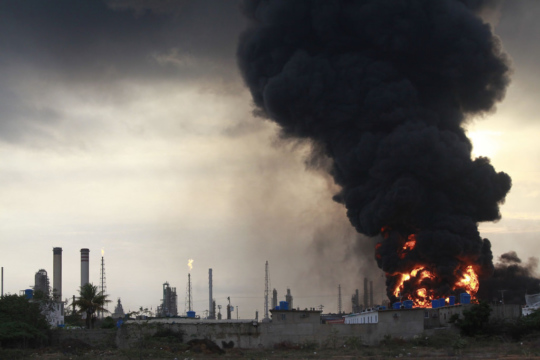
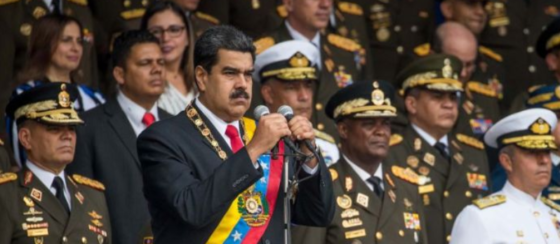
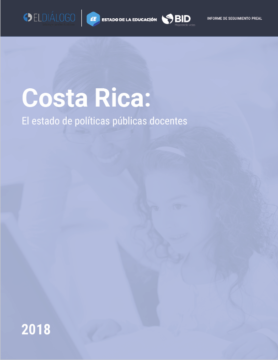
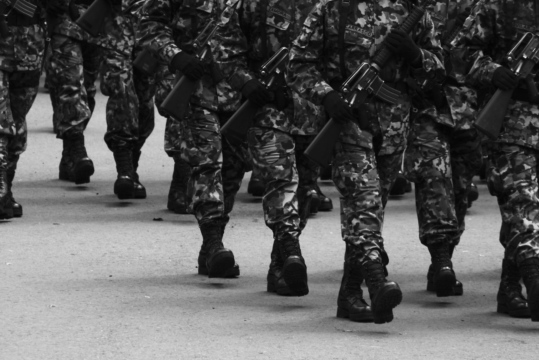
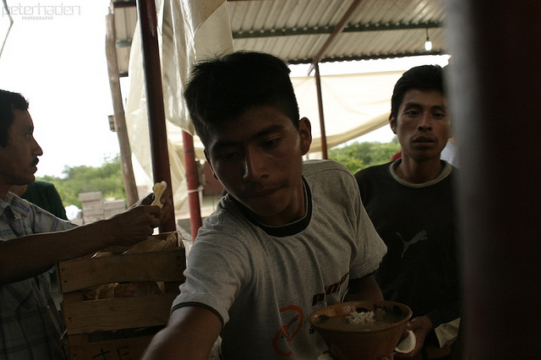

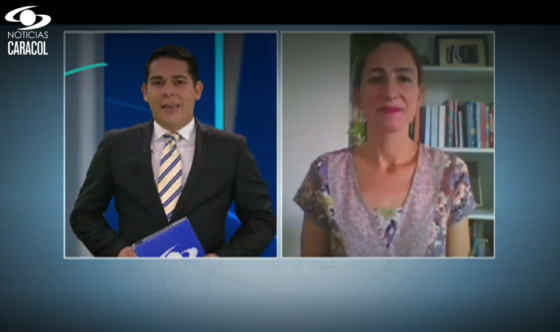 Video
Video
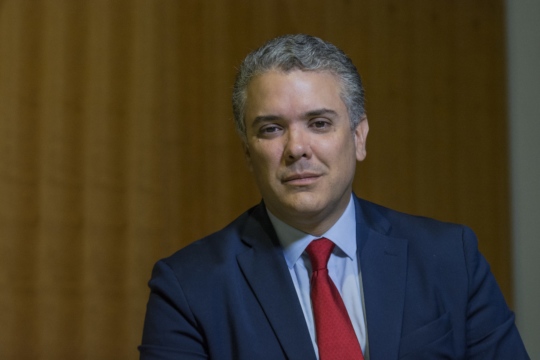
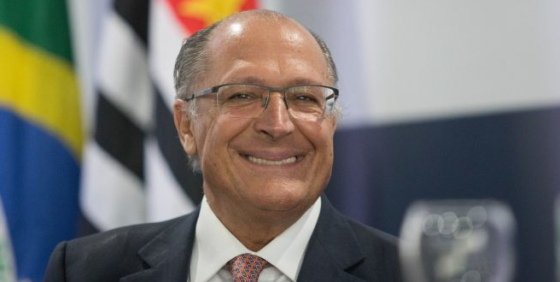
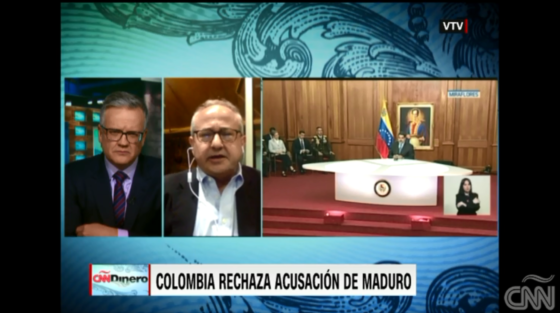 Video
Video
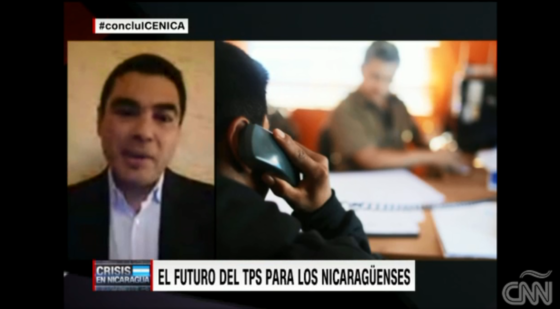 Video
Video
